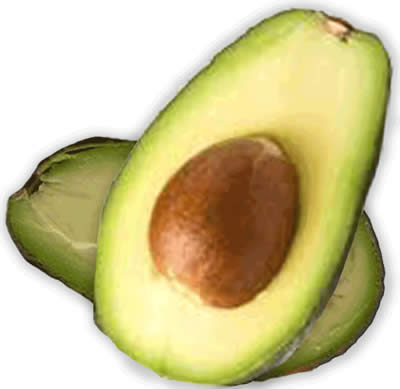Positive Health Online
Your Country

The Effects of Fat on Weight Loss – Good or Bad?
listed in nutrition, originally published in issue 287 - June 2023
In my 25 years practice as a nutritional therapist, I’ve seen many different diet fashions come and go. One that seems to have stuck with many women is that going low fat is the way to lose weight.
For many years we were told fat was public enemy number one and that it must be reduced at all costs. Yet low fat diets have generally not worked very well. If they had, we wouldn’t constantly be in the middle of an obesity crisis. Whilst there are still conflicts in professional circles over whether low carb or low fat is better, one thing that is now agreed upon is the importance of the so-called good fats in our diets.
Unfortunately, because fat has had such a bad reputation, many women I speak to are anxious about eating foods high in fat, whether the good or the bad kind. This can result in unwelcome effects such as dry skin, low mood and poor cognitive functioning.

Good Fats for Weight Loss
Beneficial fats are known as unsaturated fats. They can be either monounsaturated like olive oil or polyunsaturated such as fish oil. You can’t make unsaturated fat in your body so it’s essential to get it from food. Good sources are oily fish such as mackerel, sardines, salmon and anchovies, avocados, nuts, seeds and olive oil.
Between them, the different types of unsaturated fats have a powerful and positive influence on the way your body works, from hormones, mood and brain function to immunity, cardiovascular health, blood sugar balance and managing inflammation. They also help keep your body warm and give you energy. [1, 2, 3, 4]
Whilst unsaturated fats are healthy, fat of whatever type has the same amount of calories per gram.
However, don’t be discouraged because there is some evidence that fat containing diets can be very effective for weight loss. For example, one study found that eating mono unsaturated fats such as olive oil can be beneficial as part of a weight loss diet. [5]
In another study people with type 2 diabetes were given a high-MUFA (mono unsaturated) diets over one year. It was as effective for weight loss as low fat high carb diets.[6]
Another study found that a Mediterranean-style diet with higher fat content than the traditional low fat weight loss diet was more effective for weight loss. The participants on the higher fat diet were eating the same number of calories but were able to stick to the diet better because it was more palatable.[7]
There is some evidence that good fats can, in fact, assist weight loss but this needs more research. One study on older women showed that supplementing with omega 3 fats for 12 weeks increased metabolic rate.
Another advantage of healthy fats is that they are often found in high fibre foods such as nuts, seeds and avocado. Fibre is not digested by your body and it slows down the time it takes for your stomach to empty. This means the sugar in the foods you eat is released and absorbed by your body more slowly. This can mean you feel fuller and less hungry between meals and you end up eating less overall calories.[8, 9]
In one study on overweight people, eating an avocado for breakfast helped them feel more satisfied and less hungry. This was compared to a breakfast equal in calories but containing less fat and fibre.[10]
How Much Fat Should You Eat?
Exactly how much fat you should have in your diet varies according to different experts and individual needs. A good guide is to get 30-35% of your calories from fat. That means around 700 calories from fat in an average 2000 calorie diet.
So what does 700 calories from healthy fats look like in your diet? A large avocado, a tablespoon of olive oil (unheated to avoid damaging the fats), 2 tablespoons of seeds such as sunflower and a small handful of nuts (30g) such as almonds or cashews.
In summary, as long as you don’t take in more calories than you burn, healthy fats are going to be very helpful as part of a weight loss diet.
References
- https://pubmed.ncbi.nlm.nih.gov/18541602/
- https://pubmed.ncbi.nlm.nih.gov/26829184/
- https://www.ncbi.nlm.nih.gov/pmc/articles/PMC6683166/
- https://www.ncbi.nlm.nih.gov/pmc/articles/PMC4918317/
- https://www.ncbi.nlm.nih.gov/pmc/articles/PMC4653532/
- https://www.ncbi.nlm.nih.gov/pmc/articles/PMC2628682/
- https://pubmed.ncbi.nlm.nih.gov/11673773/
- https://www.ncbi.nlm.nih.gov/pmc/articles/PMC5883628/
- https://pubmed.ncbi.nlm.nih.gov/24901089/
- https://www.ncbi.nlm.nih.gov/pmc/articles/PMC6567160/
Comments:
-
No Article Comments available